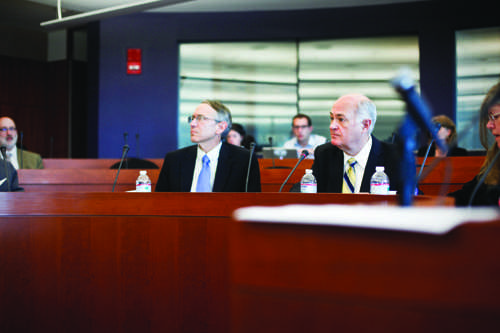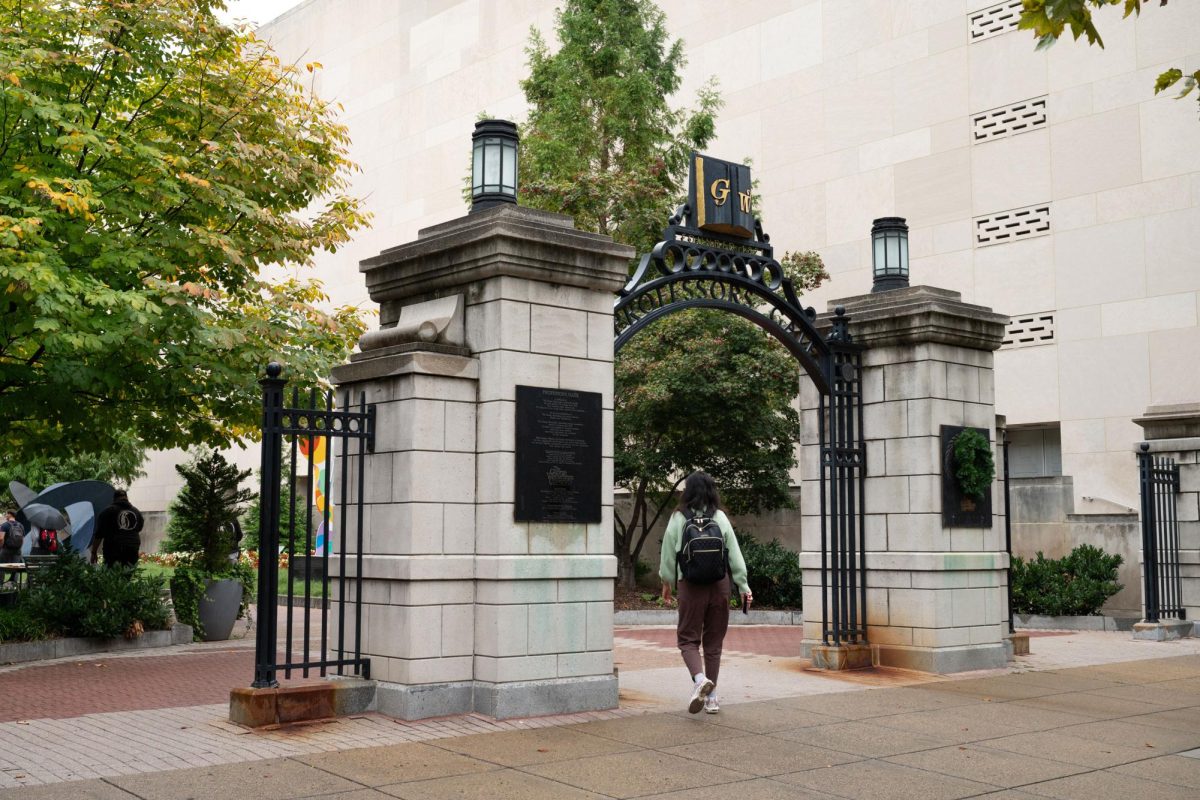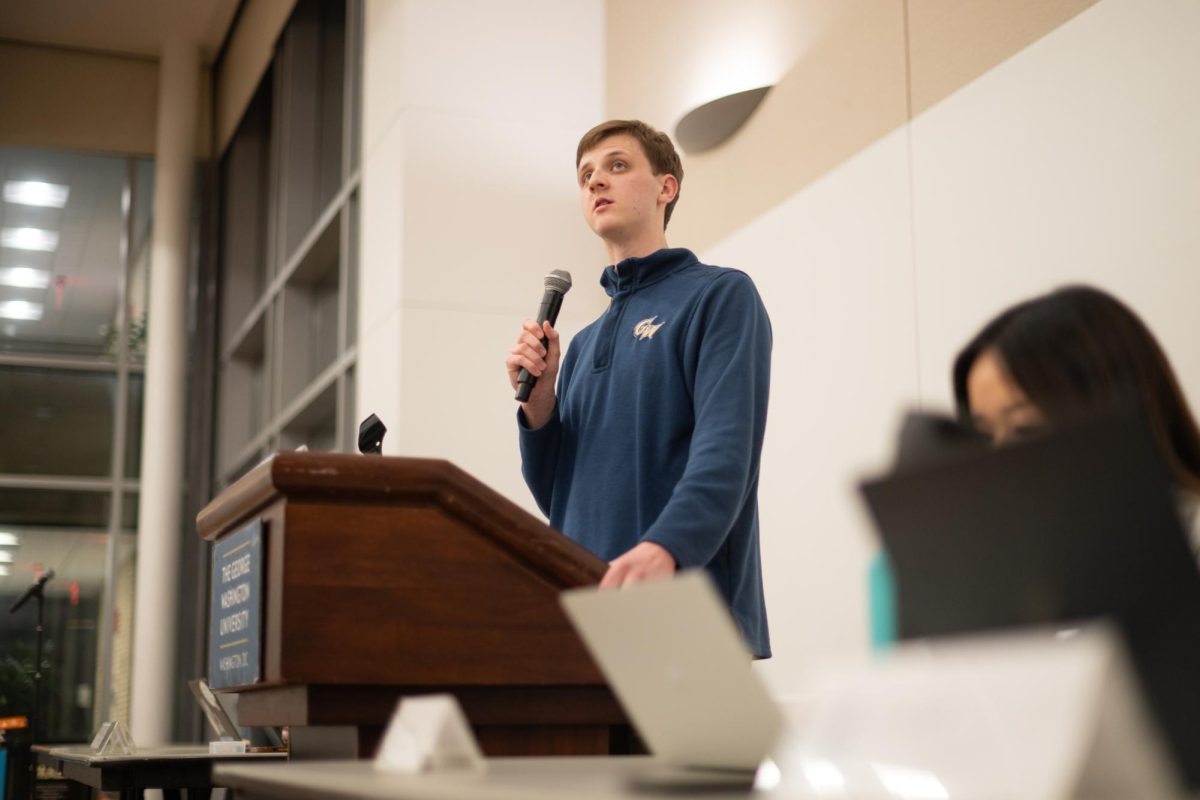
University President Steven Knapp criticized the Washington Post story that painted a damning picture of GW students’ lavish lifestyles, calling the piece “a very distorted characterization of our students.”
Knapp said in an interview Friday afternoon that the 2,350-word story failed to note GW students’ public service achievements. He pointed to the high number of graduates who enter the Peace Corps and Teach for America as evidence of their larger ambitions.
“Students come here not to party but because they want to change the world,” he said.
The story, published online Thursday and slated for the Post’s Sunday magazine, highlighted the efforts of the Knapp administration to curb tuition growth and cut costs, in part to rollback the University’s pricey reputation.
But the story was also anchored in anecdotes of $1,000 bottle services, expensive cars and class division on campus. It has garnered nearly 170 online comments and lit up social media, as GW students mostly railed against the story.
Knapp, who spoke to Post reporter Annie Gowen for the story, said Friday that he thought it was unbalanced.
“We don’t simply draw students from the upper echelons of society,” Knapp said. “Almost two-thirds of students are on some form of financial aid. That was mentioned in the article but it didn’t appear to me that the reporter actually sought out students who are representative from the other communities from which we draw.”
The story also mentioned former University President Stephen Joel Trachtenberg, who was dubbed the “high priest of runaway college inflation” by The Atlantic last fall. Trachtenberg helped quadruple the University’s endowment and make GW twice as selective, but also doubled the sticker price of tuition during his 19-year tenure until it became the most expensive university in the country in 2007.
The Post story noted that the growth had the unintended consequence of carving out a class divide at GW.
Trachtenberg said in a phone interview Friday that he raised the sticker price to improve the University and create a pool of tuition funds that could subsidize financial aid for other students. But, he said, he thought the story was “entertaining.”
“I read these articles and I think, ‘Why should I be embarrassed the school got better and why should I be embarrassed we have rich students?'” he said. “That kids live robust undergraduate social lives, I believe that. I was 18.”




